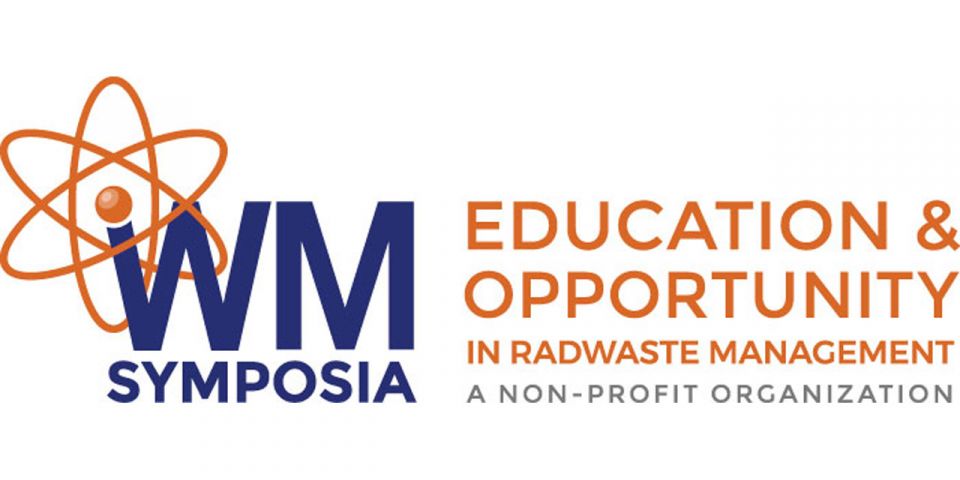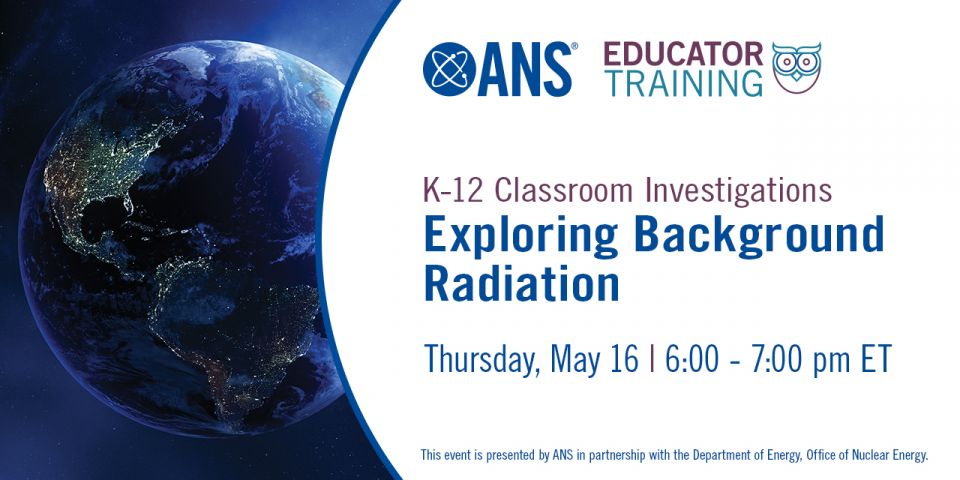How to win a debate: A chance to practice what I preached
In my previous post for the ANS Nuclear Cafe, I described what I had learned from debating nuclear opponents.
 Recently, I had a sudden and unwelcome opportunity to practice what I preached. On February 24, Howard Shaffer was due to debate Arnie Gundersen on the topic Vermont Yankee: Keep It Running or Shut It Down? This Janus Forum debate at the University of Vermont would have hundreds in attendance, press coverage, and so forth.
Recently, I had a sudden and unwelcome opportunity to practice what I preached. On February 24, Howard Shaffer was due to debate Arnie Gundersen on the topic Vermont Yankee: Keep It Running or Shut It Down? This Janus Forum debate at the University of Vermont would have hundreds in attendance, press coverage, and so forth.
On the morning of the debate, however, Howard was rushed to the hospital with a life-threatening condition. (He had emergency surgery and is recovering well.) It was up to me to debate Gundersen. Time to practice what I preached!
What is winning a debate?
At the end of a debate, nobody raises your hand and says "you won." Nobody gives out a first place and second place ribbon. So I have to start by defining "winning the debate."
I have won if I have persuaded people in the audience to think more highly of my position. Since there are many people in the audience, some may be persuaded for one side, and others persuaded for the other side. In other words, both debaters can win. I realize that this is an unusual way to look at a debate-everybody wins? But a debate is not a boxing match or a court of law. It is a public forum, and the point is to persuade the audience.
In this case, there is no doubt that I won. An older woman came up to me after the debate and said, "I was convinced we had to shut down Vermont Yankee. After listening to you, I realized it is an important asset, and shutting it down isn't so simple." She now thought that we should probably keep the plant operating. Now, I would love to say that she had been convinced that we should keep it running, but I don't think I can change someone's mind completely by showing them a couple of slides in 45 minutes of airtime. I certainly influenced her opinion, however.
Another person I influenced was a man who asked a question. When I first saw him, his long-haired appearance seemed to announce his political persuasion. As a matter of fact, when he stepped up to the microphone in the question period, my internal reaction was "Brace yourself, Meredith, here it comes."
Instead, this man addressed Arnie. He asked if it was correct that grinding up an exit sign and putting it in the ground and pouring water over it would lead to more tritium in the environment than Vermont Yankee had spilled? (This exchange begins at about the 1 hour, 24 minute mark on the audio, right after Gundersen boasts of firing 47 percent of a group of managers when he was in the nuclear industry.)
Arnie is a good debater, and he slid from the tritium question without answering it. Arnie started with a comment about not eating yellow snow and not drinking water that glowed. Then, he said that tritium is a marker, and really bad things like bone-seeking strontium follow the tritium into the environment. The man who asked the question was not particularly impressed with this answer, and responded "But the tritium itself isn't going to hurt us?" That man talked to me at the reception afterward, thanking me for putting tritium into perspective.
Several young women came up to me after the debate. They said that they were very happy to see a woman up on the platform, and they thought that both debaters had done well and they didn't know what to believe. Since they were students at University of Vermont, I suspect they started out with generic anti-Vermont Yankee beliefs and the debate modified their view. (Greenpeace engages in major outreach activities targeting the University of Vermont, specifically because of Vermont Yankee.)
At the reception, I was surrounded by people who had liked my talk. There were some men who said they were engineers, some women, some students, some older people, especially several older women. I looked over at Arnie, and he was also surrounded by people, presumably people who had liked his talk. As far as I could tell, however, many of the people around Arnie were serious anti-nuclear people, a group that show up at so many meetings. I recognized several of them. Probably, however, Gundersen also "won" and persuaded some new people.
So, how did I win?
I feel that I won (persuaded people) by doing two things:
- Putting facts in perspective (where electricity comes from, the overstated dangers of tritium)
- Contradicting only some of the most egregious statements that Arnie made. Fighting him non-stop would have let him control the topics.
Mostly, I concentrated on my message, and found that Arnie couldn't counter it directly. Oh, he could slide away into strontium, but open-minded questioners saw through that device.
And it all means?
It all may mean very little. My words changed a few minds. When the video of the debate is out, it may change a few more. Gundersen slid away from tritium questions, because my presentation had made it hard for him to answer them with the usual set of scare stories. And yet, it was just some people, in one room, at one time. Who knows?
At this point, I go back to what Howard Shaffer said about the pro-nuclear cause. This quote is from the February interview in Nuclear News magazine:
For energy solutions and environmental solutions, there is no silver bullet-it's silver buckshot. .... We do everything we can all over the map in this big free-for-all called politics.
Additional information: The debate itself
If you want to know more about the debate, you can read about it on my Yes Vermont Yankee blog, and listen to it on Vermont Public Radio streaming or downloadable):
_________________________________

Angwin
Meredith Angwin is the founder of Carnot Communications, which helps firms to communicate technical matters. She specialized in mineral chemistry as a graduate student at the University of Chicago. Later, she became a project manager in the geothermal group at the Electric Power Research Institute (EPRI). Then she moved to nuclear energy, becoming a project manager in the EPRI nuclear division. She is an inventor on several patents. Angwin serves as a commissioner in the Hartford Energy Commission, Hartford, Vt.
Angwin is a long-time member of the American Nuclear Society and coordinator of the Energy Education Project. She is a frequent contributor to the ANS Nuclear Cafe.








